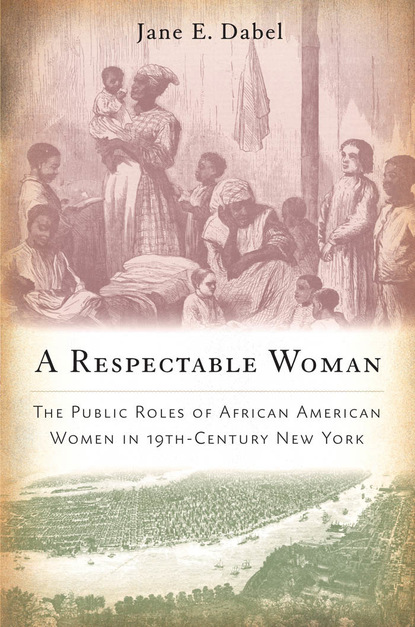
A Respectable Woman скачать fb2
Jane E. Dabel - A Respectable Woman краткое содержание
In the nineteenth century, New York City underwent a tremendous demographic transformation driven by European immigration, the growth of a native-born population, and the expansion of one of the largest African American communities in the North. New York's free blacks were extremely politically active, lobbying for equal rights at home and an end to Southern slavery. As their activism increased, so did discrimination against them, most brutally illustrated by bloody attacks during the 1863 New York City Draft Riots.The struggle for civil rights did not extend to equal gender roles, and black male leaders encouraged women to remain in the domestic sphere, serving as caretakers, moral educators, and nurses to their families and community. Yet as Jane E. Dabel demonstrates, separate spheres were not a reality for New York City's black people, who faced dire poverty, a lopsided sex ratio, racialized violence, and a high mortality rate, all of which conspired to prevent men from gaining respectable employment and political clout. Consequently, many black women came out of the home and into the streets to work, build networks with other women, and fight against racial injustice. A Respectable Woman reveals the varied and powerful lives led by black women, who, despite the exhortations of male reformers, occupied public roles as gender and race reformers.
Скачать книгу «A Respectable Woman» Jane E. Dabel
Чтобы оставить свою оценку и/или комментарий, Вам нужно войти под своей учетной записью или зарегистрироваться



